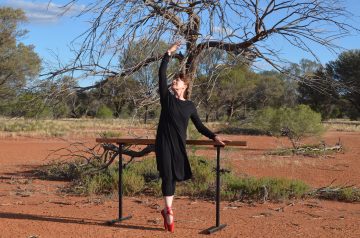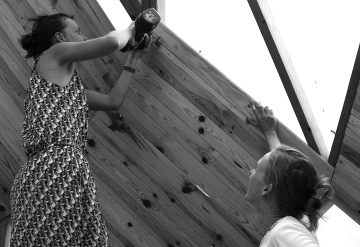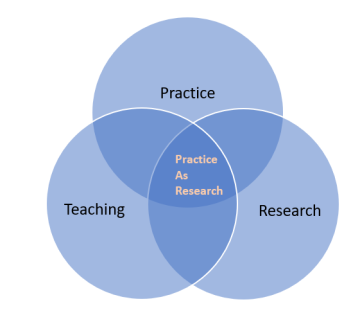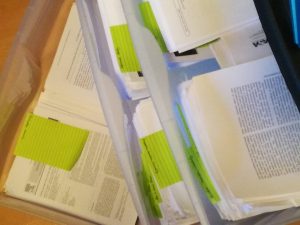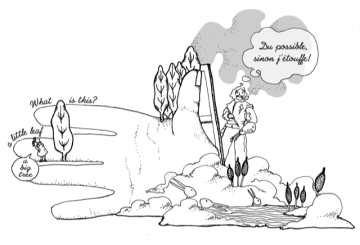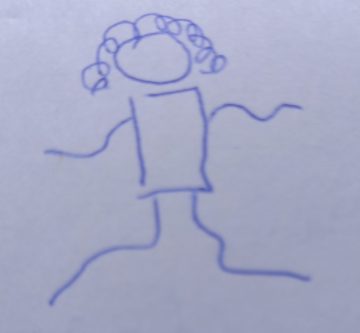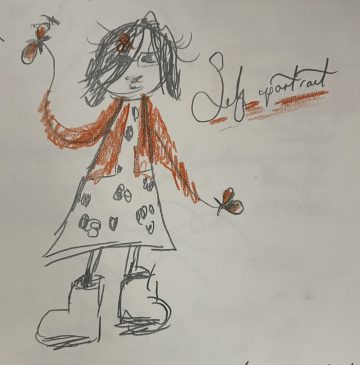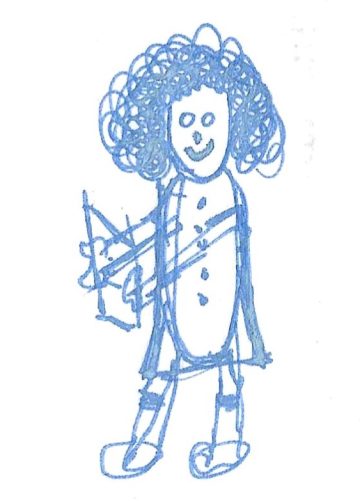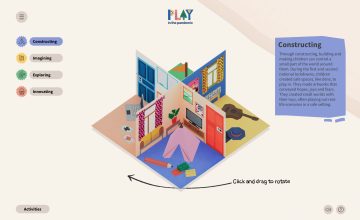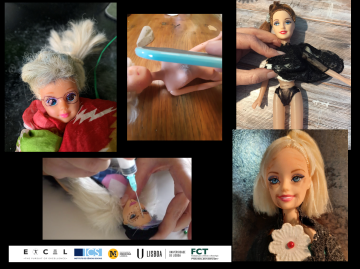
Source: FManfredi
PAR network member Federica Manfredi shares The Hacked Barbie.
This post is based on the project ‘EXCEL – The Pursuit of Excellence. Biotechnologies, enhancement and body capital in Portugal’, founded by the Foundação para a Ciência e a Tecnologia (PTDC/SOC-ANT/30572/2017) at the Instituto de Ciências Sociais – Universidade de Lisboa with the PI Chiara Pussetti.
“La Barbie hackerata” [The Hacked Barbie] is a workshop series and a dissemination activity from the project “Excel – The Pursuit of Excellence” (www.excelproject.eu) that investigates non-therapeutic and long terms body interventions aiming to enhance the social performativity in the Portuguese society.
Research shows that cosmetic and body practices are connected with pressures and logics of excellences following hegemonic and post-colonial models of beauty, based on discriminations of gender, age, sexual orientation, the color of the skin or the shape of the eyes.
The Hacked Barbie has been organized for the first time at the World Anthropology Day 2021 as methodological experiment to interrogate participants about body’s perceptions, its modifications and body-performances in daily life. The goal was to stimulate an anthropological gaze on daily practices directed to bodies, inviting participants to re-created their corporeality on a doll in a guided-process: which body-interventions can make the Barbie, a symbol of gendered perfection, more similar to me? In other words, how do I manipulate and construct my self through my body? What models and social pressures guide my choices, mould the relationship with my body and intervene in my bodily social performance?
From the first workshop, other 5 editions collected over 63 voices of participants from Italy, Portugal, Germany, United Kingdom and Brazil, during online and in-person meetings. We discussed cosmetic surgery, tattoos, anti-aging treatments, epilation, clothing choices and diet regimes under the entanglement of social excellence and personal well-being. Working sessions revealed gendered, aged, political, cultural and hide meanings related to body interventions, as well as fragilities and emotional negotiations with perceived social pressures on how to properly perform through the body.
Recent Covid-experiences crossed childhood episodes in participants’ narrations: through our works on the metaphorical plastic-flesh, the dialogue focused on disparities for the access of body treatments, gender discriminations and the pressures we experienced as teenagers, women, workers and members of a society supposed to pursuit idealistic colonial and hierarchical models of beauty, perfection and excellence.
For more information check out the following links:
The Pursuit of Excellence
Excel YouTube channel
Excel Facebook page
Federica Manfredi is a doctoral researcher in Medical Anthropology at the Institute of Social Sciences of the University of Lisbon. She explores contemporary extreme body interventions, especially body suspensions, with co-participated and experimental methodologies that allow to go beyond a logo-centric logic of communication. She is interested in pain, biohacking, tattoos and altered state of consciousness, explored through practice-based qualitative methodologies.
The Practice As Research network with its resources is free and always will be, but it does of course incur costs to run and to keep it running. If you use it and benefit, enjoy it and would like to keep it going, please, consider leaving something in the tip jar. Thank you!
